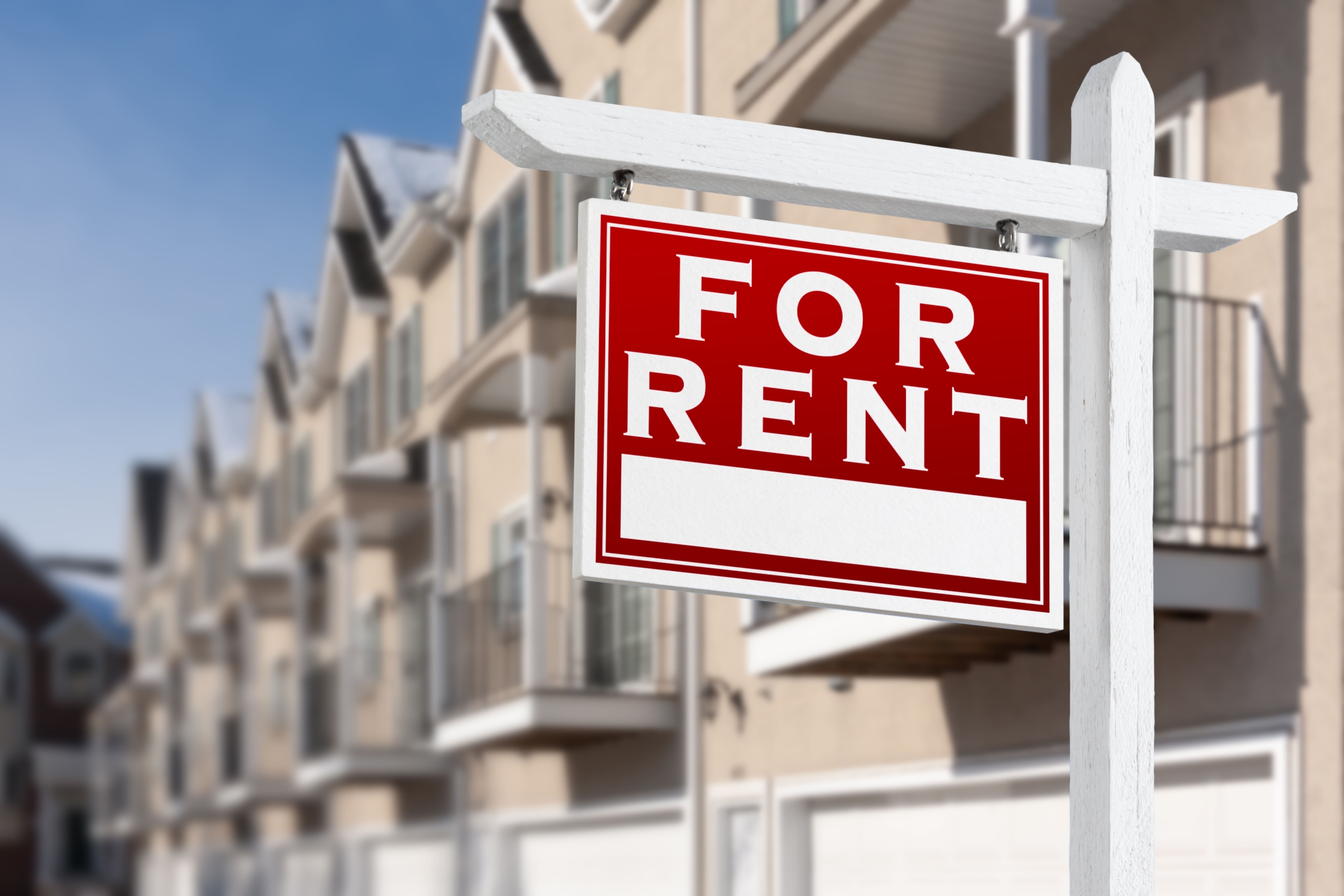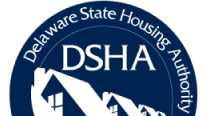

Buy Affordable Housing
Learn how to buy a home you can afford in Delaware with help from DSHA’s Kiss Your Landlord Goodbye programs!

Rent Affordable Housing
DelawareHousingSearch.org offers real-time listings for market-rate, subsidized, and affordable housing options statewide.

Subsidized Rental Programs
These programs, offered by DSHA in Kent and Sussex Counties, provide safe, decent, affordable rental housing and access to supportive services for low-income families.

Family Reentry Program (FRP)
A statewide initiative to help individuals rebuild their lives after involvement in the criminal justice system.






